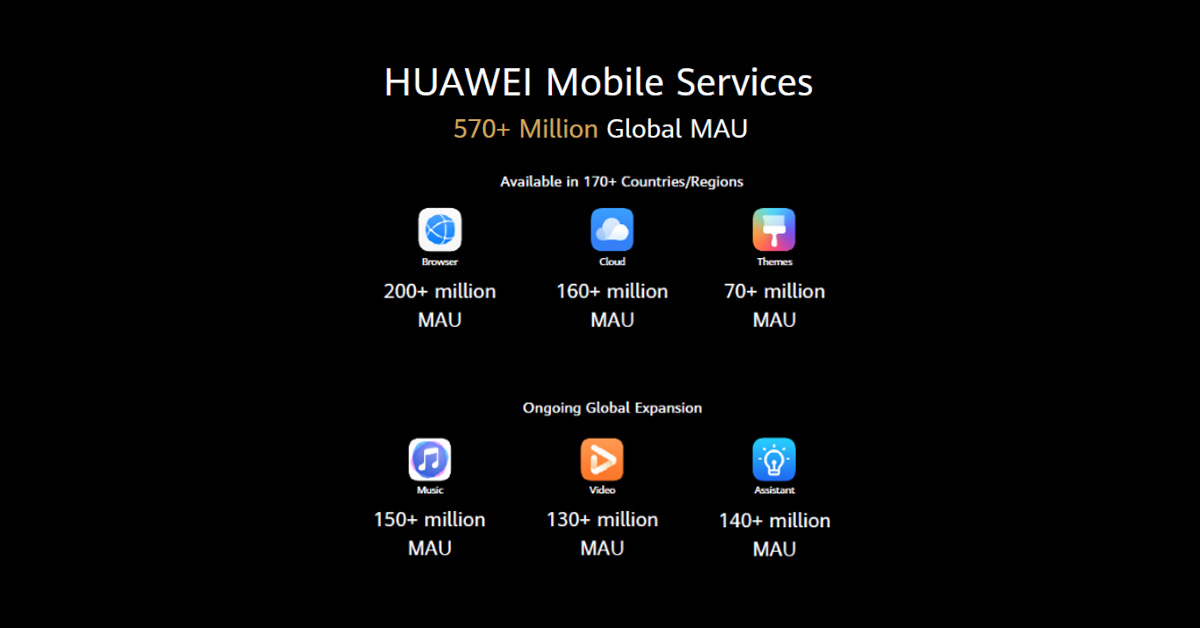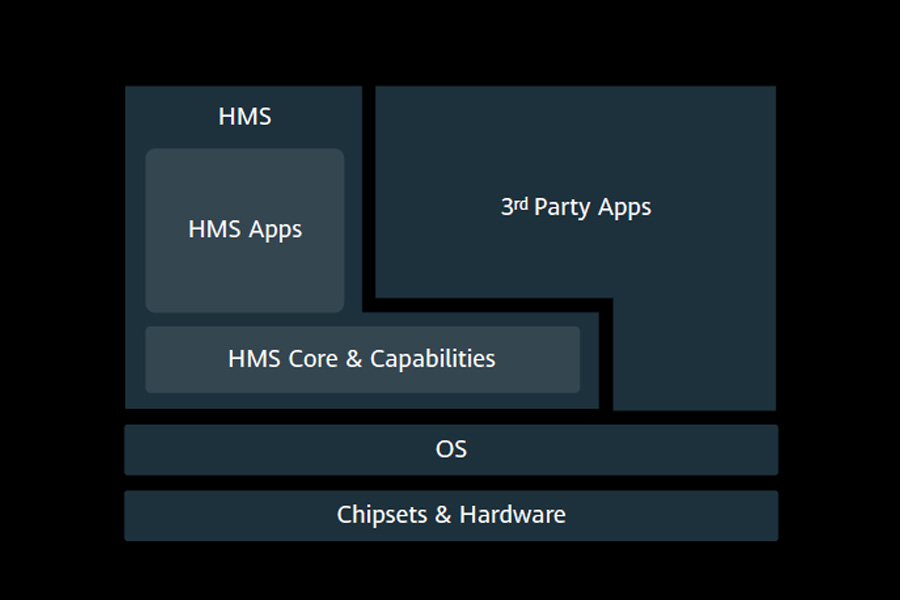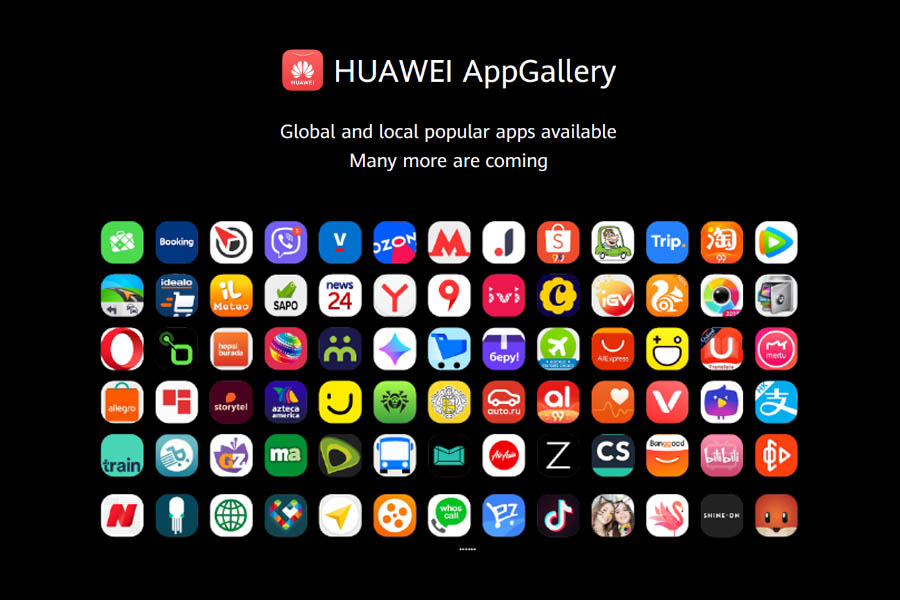
The US trade ban on Huawei was one of the most talked-about sagas in the tech world in 2019. Huawei is now compelled to march towards a Google-less future and in that process, it has taken a new step with the launch of its mobile service dubbed the Huawei Mobile Services (HMS).
Why Huawei Mobile Services?
In a controversial chain of events, Huawei, the second-biggest smartphone brand in the world, was restricted to carry out transactions with US-based companies. We all know that Android is an open-source program. But most of its success is due to Google’s Play Services which is only available through a license from Google. Google, being a US-based company, has scrapped Huawei of its license. Since then Huawei has been putting a lot of effort into developing its ecosystem to overcome the dependency on Google.

The company has released two services – Huawei Mobile Services (HMS) and HMS Core, both in its beta stage in the Chinese market. The Huawei Mobile Services is said to improve performance experience. It also comes with several bug fixes and a handful of new features such as Huawei account, message notification, wallet service, and an internal payment system.
HMS Core
Talking about the HMS Core, it is a small app that is developed in a marketplace model. It will integrate the download and installation of basic HMS services. It is supposed to let developers integrate HMS services into their apps in an efficient manner.
Huawei Mobile Services (HMS)
Huawei also has its ecosystem – Huawei Mobile Services. And it has shown some signs of progress. As per the company, the HMS is now being used by more than a million developers. The HMS core also has more than, 450,000 apps on the platform.

A while ago, Huawei did come up with its OS. Though the Hongmeng/Harmony OS is available only in its TV, it is also expected to power Huawei’s smartphones in the near future.
In spite of all the efforts that are being put into it; achieving a google-less future still seems a daunting task – even for someone as big as Huawei. So, the question remains – can Huawei achieve the impossible? We would love to hear your views on it.







![Best Gaming Laptops in Nepal Under Rs. 250,000 (रु 2.5 Lakhs) [2025] Best Gaming Laptops Under 2.5 lakhs in Nepal [Feb 2025 Update]](https://cdn.gadgetbytenepal.com/wp-content/uploads/2025/02/Best-Gaming-Laptops-Under-2.5-lakhs-in-Nepal-Feb-2025-Update.jpg)
![Best Gaming Laptops in Nepal Under Rs. 120,000 (रु 1.2 Lakhs) [2025] Best Budget Gaming Laptops Under Rs 120000 in Nepal 2025 Update](https://cdn.gadgetbytenepal.com/wp-content/uploads/2025/05/Best-Budget-Gaming-Laptops-Under-Rs-120000-in-Nepal-2024-Update.jpg)
![Best Laptops Under Rs. 80,000 in Nepal [2025] Best Laptops Under 80,000 in Nepal March 2025 Update](https://cdn.gadgetbytenepal.com/wp-content/uploads/2025/03/Best-Laptops-Under-80000-in-Nepal-March-2025-Update.jpg)
![Best Gaming Laptops in Nepal Under Rs. 200,000 (रु 2 Lakhs) [2025] Best gaming lapotp under 2 lakhs Nepal Feb 2025](https://cdn.gadgetbytenepal.com/wp-content/uploads/2025/01/Best-Gaming-Laptops-Under-2-Lakh-Nepal-Feb-2025-Update.jpg)

![Best Mobile Phones Under Rs. 15,000 in Nepal [Updated 2025] Best Phones Under 15000 in Nepal 2024 Budget Smartphones Cheap Affordable](https://cdn.gadgetbytenepal.com/wp-content/uploads/2024/03/Best-Phones-Under-15000-in-Nepal-2024.jpg)
![Best Mobile Phones Under Rs. 20,000 in Nepal [Updated] Best Mobile Phones Under NPR 20000 in Nepal 2023 Updated Samsung Xiaomi Redmi POCO Realme Narzo Benco](https://cdn.gadgetbytenepal.com/wp-content/uploads/2024/01/Best-Phones-Under-20000-in-Nepal-2024.jpg)
![Best Mobile Phones Under Rs. 30,000 in Nepal [Updated 2025] Best Phones Under 30000 in Nepal](https://cdn.gadgetbytenepal.com/wp-content/uploads/2025/01/Best-Phones-Under-30000-in-Nepal.jpg)
![Best Mobile Phones Under Rs. 40,000 in Nepal [Updated 2025] Best Phones Under 40000 in Nepal 2024 Smartphones Mobile Midrange](https://cdn.gadgetbytenepal.com/wp-content/uploads/2024/02/Best-Phones-Under-40000-in-Nepal-2024.jpg)
![Best Mobile Phones Under Rs. 50,000 in Nepal [Updated 2025] Best Phones Under 50000 in Nepal](https://cdn.gadgetbytenepal.com/wp-content/uploads/2025/01/Best-Phones-Under-50000-in-Nepal.jpg)
![Best Flagship Smartphones To Buy In Nepal [Updated] Best flagship phone 2025](https://cdn.gadgetbytenepal.com/wp-content/uploads/2024/07/Best-Flagship-Phones-who-is-it-ft-1.jpg)